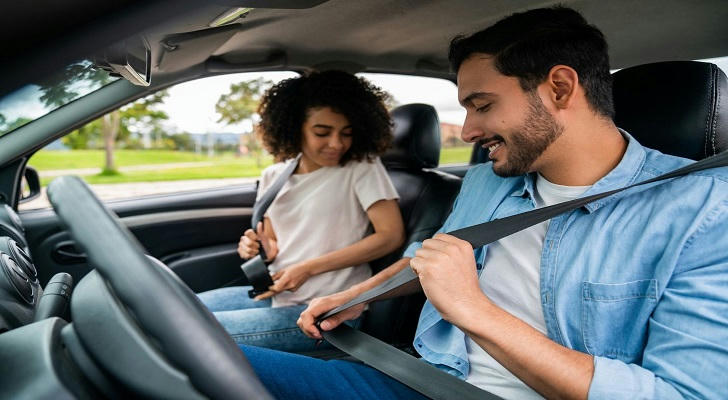How Can Car Insurance Protect You from Unexpected Costs?

Imagine this: you’re driving down a quiet road, enjoying your favorite playlist, when suddenly, a car swerves into your lane. You manage to avoid a collision, but the adrenaline rush leaves you shaken. Now, think about what would have happened if you hadn’t been so lucky. This scenario highlights the importance of car insurance, which can be a financial lifesaver in unexpected situations.

The Basics of Car Insurance
Car insurance is a contract between you and an insurance company that provides financial protection against physical damage or bodily injury resulting from traffic collisions. It can also cover theft and damage to your vehicle. Understanding the types of coverage available is crucial to ensuring you choose the right policy for your needs.
1.Liability Coverage: This is the most basic form of car insurance and is usually required by law. It covers damages to other people's property and medical expenses if you’re at fault in an accident.
2.Collision Coverage: This pays for damage to your own car after a collision, regardless of who is at fault. It’s especially important for newer or more expensive vehicles.
3.Comprehensive Coverage: This protects against non-collision-related incidents, such as theft, vandalism, or natural disasters.
4.Uninsured/Underinsured Motorist Coverage: This is crucial if you’re involved in an accident with a driver who doesn’t have adequate insurance. It ensures you’re not left high and dry when someone else’s lack of coverage affects you.
5.Personal Injury Protection (PIP): This coverage pays for medical expenses for you and your passengers, regardless of who caused the accident.

Case Study: The Importance of Comprehensive Coverage
Let’s consider a real-life scenario involving Sarah, a young professional who recently purchased her first car. Sarah opted for the state-required liability coverage, thinking it would be enough. One rainy evening, her car was parked outside a restaurant when a tree branch fell, causing significant damage. Sarah learned the hard way that without comprehensive coverage, she would have to pay for the repairs out of her own pocket, which was far from ideal.
After this experience, Sarah decided to reassess her insurance needs. She learned that comprehensive coverage could have saved her a hefty repair bill and offered peace of mind against unforeseen events. This case illustrates that while basic liability might be enough for some, others may find greater value in a more robust policy.
Choosing the Right Car Insurance
Now that you understand the types of coverage available and the consequences of inadequate insurance, how do you choose the right one for you? Here are some tips to guide your decision:
1.Assess Your Needs: Consider factors such as the age of your vehicle, your driving habits, and your financial situation. If you own a new car, investing in comprehensive and collision coverage might be worth it.
2.Shop Around: Don’t settle for the first quote you receive. Compare different insurance providers and policies to find the best coverage at the most competitive price. Many websites allow you to get quotes from multiple insurers in one go.
3.Understand the Terms: Insurance jargon can be confusing. Take the time to read and understand your policy details, including deductibles, limits, and exclusions. This will help you avoid surprises down the line.
4.Look for Discounts: Many insurance companies offer discounts for safe driving, multiple policies, or even for being a student. Make sure to ask about any discounts that could lower your premium.
5.Review Annually: Your insurance needs may change over time. It’s a good practice to review your policy every year to ensure it still meets your requirements and to explore any new discounts or offers available.
Final Thoughts
Car insurance isn’t just a legal requirement; it’s a critical aspect of responsible vehicle ownership. By understanding the various types of coverage and evaluating your personal needs, you can make informed decisions that protect both your financial well-being and your peace of mind.
Just like Sarah discovered, the right insurance can make all the difference when the unexpected happens. So take the time to educate yourself and choose a policy that truly fits your lifestyle and risk level. After all, driving should be about enjoying the journey, not worrying about what could go wrong. With the right car insurance in place, you can focus on the road ahead.
